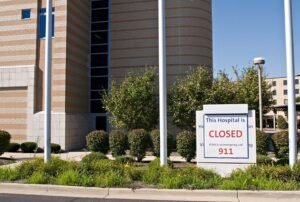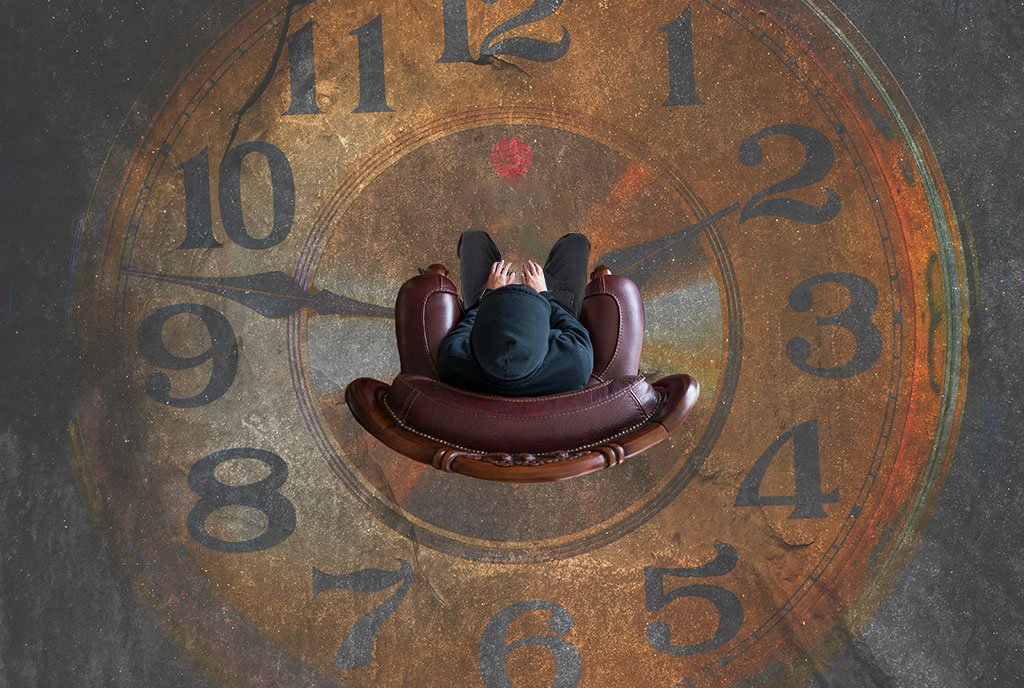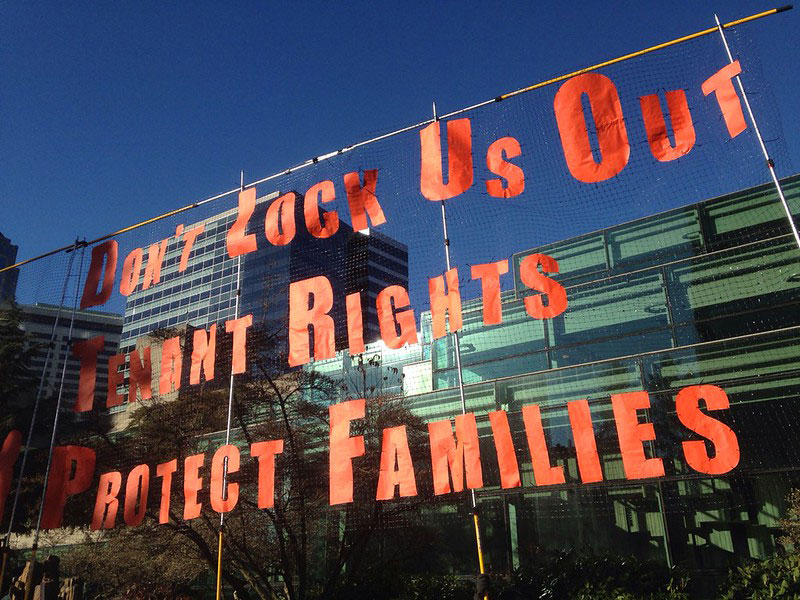
October 15, 2015; DNAinfo Chicago
With the Illinois budget still in limbo, DNAinfo Chicago reported on a gathering of more than a dozen social service agencies on Wednesday, October 14th, at the Albany Park Community Center. The groups called for “an end to a state budget impasse that’s starving their organizations of critical funding.”
“Many nonprofits are reeling not only from cuts announced by Gov. Bruce Rauner in January, but from the subsequent failure of the legislature to pass a budget, meaning the state isn’t disbursing to agencies what remaining money they’re due.”
The agencies that contract with the state of Illinois to provide health and welfare programs stand at the crossroads where the political standoff between Republican Governor Bruce Rauner and the Democratic majorities in the state legislature becomes real. The state’s constitution requires a balanced budget to be in place at the start of each fiscal year on July 1st, and its absence prevents the state from writing checks. Halfway through October, there is little indication the impasse is close to ending. The billions of dollars of needed new revenue and/or expense reductions remain unaddressed, and the governor’s demands for such structural reforms as limiting the power of unions, freezing property taxes, and making Illinois more business-friendly remain on the table.
But the lack of government action does not eliminate the need for a social safety net, and those who do the work of serving the state’s neediest struggle to figure out how to continue without funds from the state and with no certainty that they will be funded when the budget dust clears:
“We’ve been working to get a line of credit since January. For us to survive until we get a new governor, new leaders…” trailed off Brenda Swartz, president of Concordia Place. “I don’t know if these nonprofits will still be around. Who is going to serve these people?” Among services at risk: early childhood intervention, job training, adult literacy, senior care, citizenship classes and housing assistance.
Working families’ access to state-subsidized childcare services has also become less available. According to the State Journal Register,
Gov. Bruce Rauner’s administration changed eligibility standards at the start of the new fiscal year, severely curtailing the amount of income a family could earn and still qualify for the program, among other changes. In response to the FOIA, Human Services said 4,727 families were denied services between July 1st and September 30th. That only includes the applications the agency has had a chance to review. The agency told SEIU that there was a “significant backlog” of pending applications.
Sign up for our free newsletters
Subscribe to NPQ's newsletters to have our top stories delivered directly to your inbox.
By signing up, you agree to our privacy policy and terms of use, and to receive messages from NPQ and our partners.
[…]
Rauner spokeswoman Catherine Kelly said the Republican governor worked last spring to secure additional funding for subsidized day care in last year’s budget. “Now, the administration is taking steps to responsibly manage the state’s finances due to the $4 billion budget hole created by the legislature this year,” Kelly said. “The governor’s reforms will free up resources to help the most vulnerable and grow the economy.”
As the human toll increases with each day of gridlock, the fiscal challenge grows. State services deemed critical, like the state police and the prisons, continue to be funded. Court orders have continued funding to some service providers. An agreement reached prior to July 1st between the governor and his legislative opponents allowed the state to fund local schools. The absence of a new budget means that this “emergency funding” has been at last year’s funding levels. But having allowed a temporary income tax increase to lapse, the state’s income rate is $4 billion less than the previous year.
On the 14th of October, a statement from Comptroller Leslie Munger’s office put the impact of this imbalance very starkly:
Without a budget in place, the state is operating under a series of court orders, consent decrees and continuing appropriations requiring it to pay bills at last year’s rates, despite projections showing a $5 billion decline in revenue. The resulting cash shortage has caused the state’s unpaid bill backlog to swell to $6.9 billion this month, and will force the Comptroller’s Office to delay a $560 million monthly pension payment in November. […] Faced with the ongoing cash shortage, Munger has prioritized payments for nonprofits serving children, the elderly, people with disabilities and other most vulnerable residents. She is additionally required to ensure the state does not default on its debt service payments, and to meet state payroll. Still, the consequences of the budget impasse are seen on a daily basis across the state, Munger added.
“Families, businesses and organizations are paying the price for inaction in Springfield every single day,” Munger said. “Nonprofits have had to shut their doors, our most vulnerable residents have lost access to services they depend on, college students are not receiving promised grant money and local governments are struggling to keep 911 Emergency call centers operating in the absence of funding.”
In comments reported Saturday by the Chicago Tribune, Governor Rauner indicated he thought a solution was months away.
“I don’t want to over-commit on the time frame, we should have had a budget in May,” Rauner told reporters gathered in his Capitol office. […] “I believe that there’s a lot of pressure, that’s true. […] Will we get it done in December or early January? I hope that it’s before then. But it could well last a lot longer.”
Agencies will tap reserves to fund what the state cannot. Lines of credit, where available, will be spent down. Agencies that lack both will continue to trim away their service systems, and some may have no choice but to shut down totally. Those who depend on their services will feel the pain in the limited supports they can count on. And those advocating that the impact of the final budget not fall on the poorest and neediest citizens will see their challenges increase as the state’s problems grow.—Martin Levine











